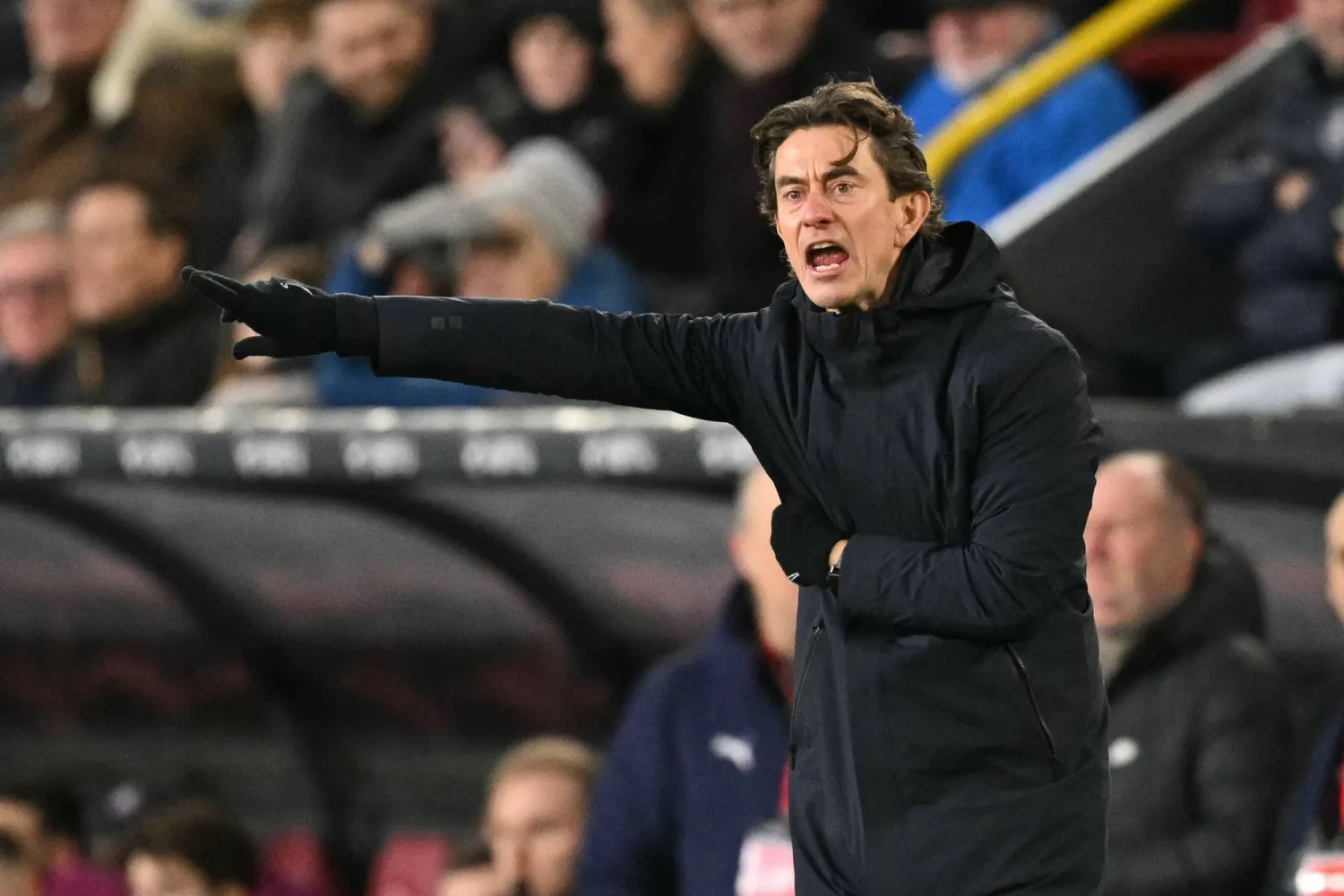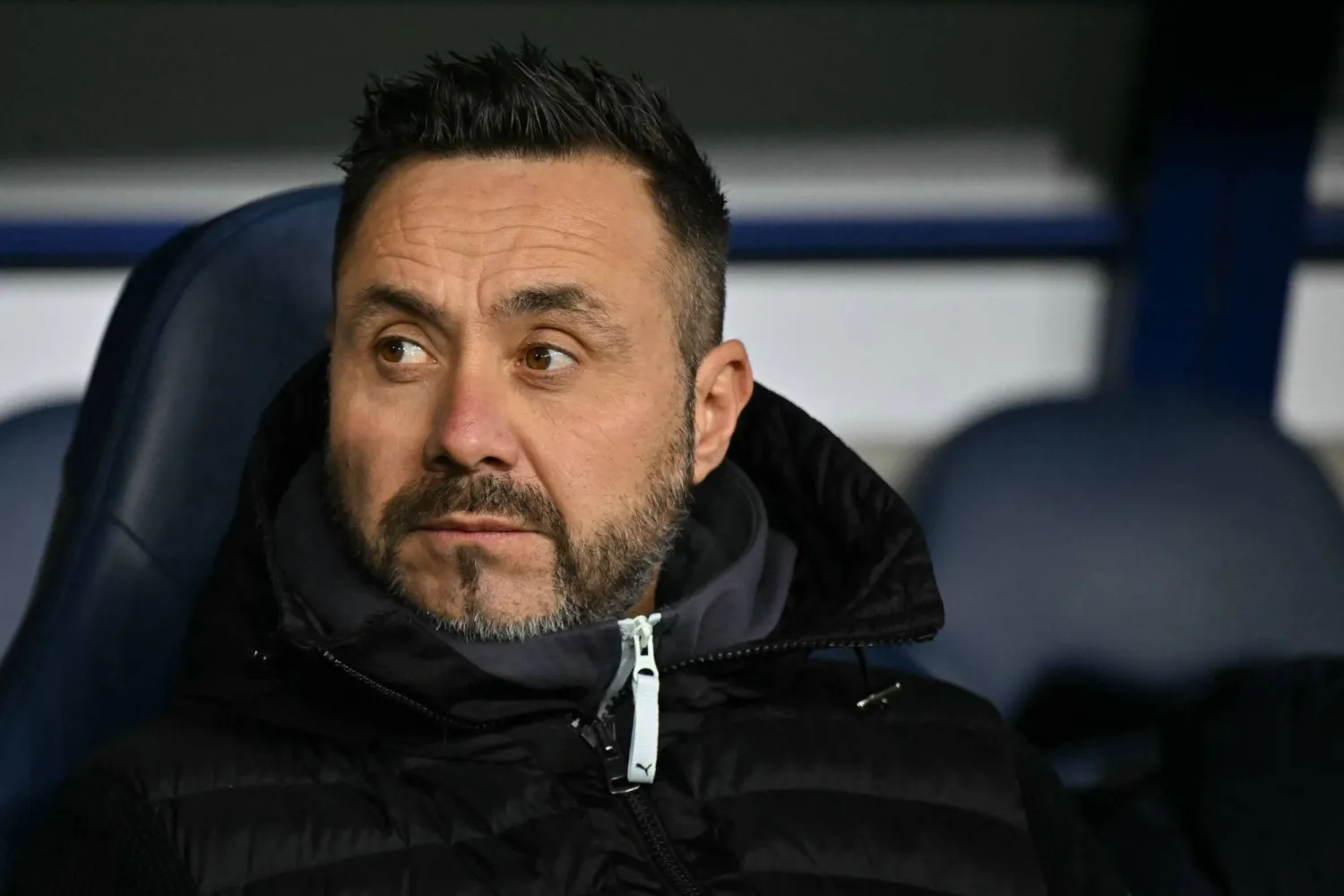Sol Bamba knows what the message will be from Neil Warnock as he leaves Cardiff’s home dressing room on Sunday. “Before we go out, the gaffer always reminds me and says: ‘Don’t be Beckenbauer. Just kick or head it. When it’s on, pass it, but if it’s not on, just put it up there.’ And that’s why I like him – he’s honest.”
Bamba, by his own admission, has not always been an easy player to manage, particularly in his early days at Paris Saint-Germain, where an Argentinian centre-back by the name of Mauricio Pochettino tried to take him under his wing, but there is something about Warnock that gets the best out of him. Told that Cardiff’s manager thinks the world of him, Bamba chuckles but sounds sincere when he replies: “I think the world of him as well.”
All in all, it has not been a bad couple of years since the two got together. Warnock celebrated the eighth promotion of his managerial career in May, when Cardiff returned to the Premier League, and Bamba, who had been without a club when Warnock brought him to Wales in October 2016, was named in the Championship team of the year.
Yet as good as they have been for one another, and as well as they get on, arguably the first thing that comes to mind for most people when they think of Bamba and Warnock is that fracas on the touchline at Portman Road, when the Ivorian was sent off and ended up shoving his manager after raging at the fourth official.
Bamba, who comes across as a likable character, cringes. “That was bad,” he says, shaking his head. “Especially when I got home ... when the kids went to school everyone was talking about it. I was embarrassed because you tell your kids to be a certain way and then they see you doing that. It’s probably one of my biggest regrets.”
At least he has made up for it since. He has been a rock at the back for Cardiff, so much so that Warnock claimed in December that Bamba was a better defender than Virgil van Dijk. “I heard that one,” Bamba says, smiling. “We know the gaffer. That’s what he’s like. I said to him when he said it, which was just before a game: ‘You’ve put me in trouble now.’”
Listening to Bamba for more than an hour, on the record and then for a long time afterwards when he expresses an interest in working in journalism once he retires, it is easy to see why the 33-year-old is so popular. Gregarious and candid with his thoughts, he is happy to chat about anything and everything.
“I love defending. Absolutely love it,” Bamba says. “When I go into a game I set myself a target: I don’t want to lose a header anywhere on the pitch. Sometimes I see defenders and I ask myself: ‘Does he actually like defending?’ But I love going into a tackle, winning a challenge or a header. That’s why it’s good here because the fans appreciate that. In France or in Italy, when you do a good defensive tackle, they’re not bothered. But here they like that and that makes me want to defend even more.”
France and Italy are two of the six countries where Bamba has played club football during a nomadic career that started with PSG. Born in France to Ivorian parents, he took up a residential place at PSG’s academy at the age of 11, against the better judgment of his mother, who wanted her son to become a doctor. It was several years later, and after he had been converted from a deep‑lying midfielder, that Bamba crossed paths with Pochettino.
“I first trained with the first team when I was 16 and he was there,” Bamba says. “He was a centre-half and he was good to me. He gave me good advice, how to position myself and how to defend. Because I used to tackle a lot [by going to ground] and he used to try to encourage me to be better by saying: ‘Try to stay on your feet.’”
Bamba made two appearances for PSG before going on to play for Dunfermline and Hibernian and, looking back, accepts that he was too headstrong at times in France. “Instead of speaking to the manager with respect, I’d go in shouting, sometimes swearing,” he says. “I realised when I moved that my behaviour wasn’t right.”
After that stint in Scotland, Bamba joined Leicester before signing for Trabzonspor in Turkey and then Palermo. In a sign of his growing maturity, he decided in Turkey and Italy that he wanted to find a language school that could work around his training regime, despite being under no pressure to do so by his clubs. All of which means Bamba can speak Turkish, Italian, English, French and the Ivorian dialect that his father used at home.
His Italian would have been handy when he was at Leeds, where Bamba had regular conversations with Massimo Cellino and publicly aired his frustration with the way things were being run . “I said to the owner before I said that [to the media], that I didn’t think he was doing the right thing,” Bamba says. “He used to call me and even came to my house a few times. I said to him: ‘It’s coming from you. We’re looking up to you and if we see you not doing the right thing, we’re not going to respond.’
“At the time I didn’t feel as though I had much to lose because I was on loan from Palermo, so I was probably the only one free to do it.”
Although Bamba later joined Leeds permanently, he left as a free agent in September 2016 and moved to Cardiff the following month, when Warnock finally signed a player he had been pursuing for four years. Cardiff were in relegation trouble at the time and Bamba could sense the desperation among the fans.
“The troubles they had with the owners and everything that happened over the years, they were dying for something good to happen, like a team to give them some pride back – a team that would fight for everything. For the last two years they’ve had that.”
It is a measure of how happy Bamba feels at Cardiff that he talks about finishing his career at the club – and hopefully in the Premier League. Despite Cardiff spending relatively conservatively in the summer, Bamba takes encouragement from back-to-back clean sheets and something money cannot buy.
“What the gaffer did is repay what we did for him, if I can put it like that, because we went up as an entire group and he wanted to keep it like that,” he says. “We needed to add one or two and that’s what we did. But the team spirit and togetherness is already there, he didn’t want to break that and that’s going to take us a long way”
The Guardian Sport









